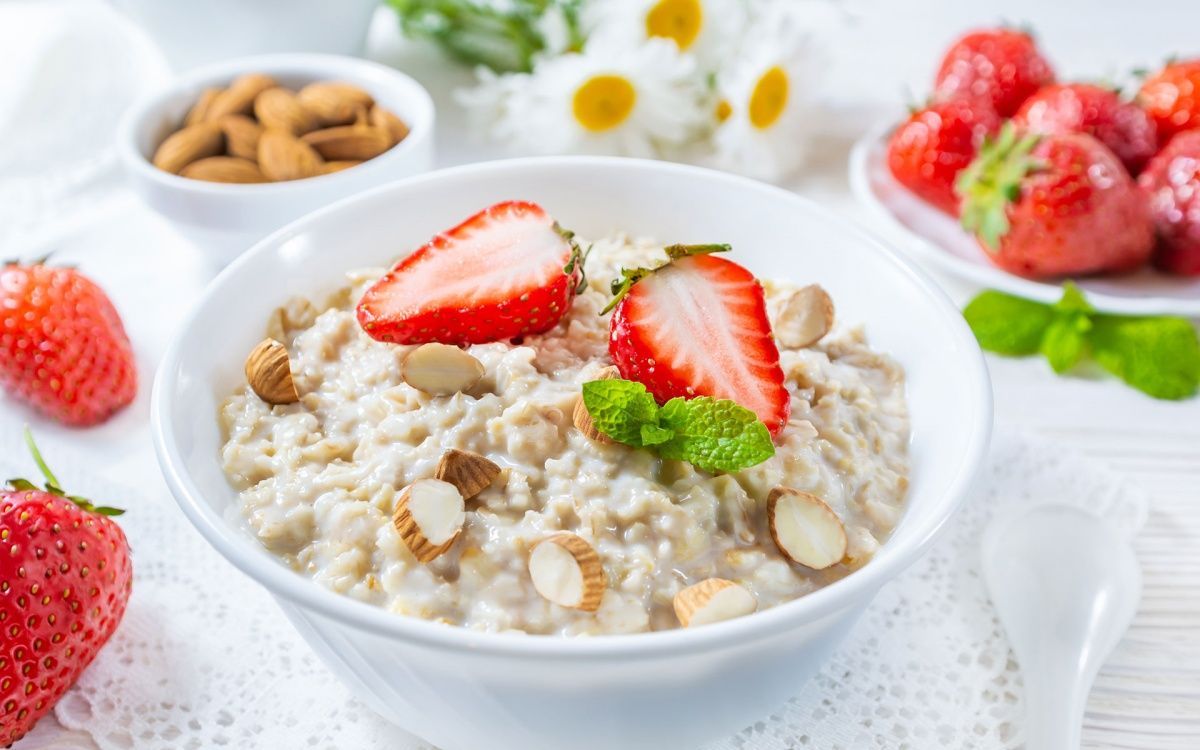The article explains the science of why oatmeal is good for you, suggests serving sizes, and provides ways to enjoy your oats.
Oatmeal Lowers Cholesterol
Beta-glucan is a type of soluble fiber and it’s what helps oatmeal lower the level of low-density lipoprotein cholesterol in the body. By binding with cholesterol in the digestive tract, beta-glucan reduces LDL and total cholesterol levels. It is recommended people consume 1-1.5 cups of oatmeal as it provides three grams of this soluble fiber required for heart health.
Oatmeal Improves Gut Health
In addition to helping lower cholesterol, the fiber in oats known as beta-glucan can also feed the beneficial bacteria that live in your gut. Oats have been found to rebalance gut flora, enhance the body’s immune function, promote weight loss, and prevent weight gain.
Types of Oats Explained
Supermarkets have several types of oatmeal choices, such as instant, quick-cooking, rolled oats, and steel-cut oats. The last are the least processed and only have their shell removed. It takes longer to cook them and results in a coarser texture. Rolled oats are steamed and rolled flat, which makes them cook faster with a smoother texture. Instant oats are tiny flakes that reduce the cooking time and have a softer consistency.
Oatmeal Is Versatile
Oatmeal is a breakfast food that can be made in many different ways, depending on your personal taste. If you want a more savory oatmeal dish, add grape tomatoes, avocados, bacon chunks, jalapenos, cilantro, green onions, parmesan, or french-fried onions. You can also add it to muffins, granola bars, cookies, and more for a portable, sweeter snack.
Consult Healthcare Specialist
Oatmeal can be consumed at any time during the day to improve your well-being. You can add it to other healthy foods like muffins and smoothies, making it very easy to have in your diet whenever you want.
Consult your doctor for personalized advice on the amount of oats to add to your diet.

